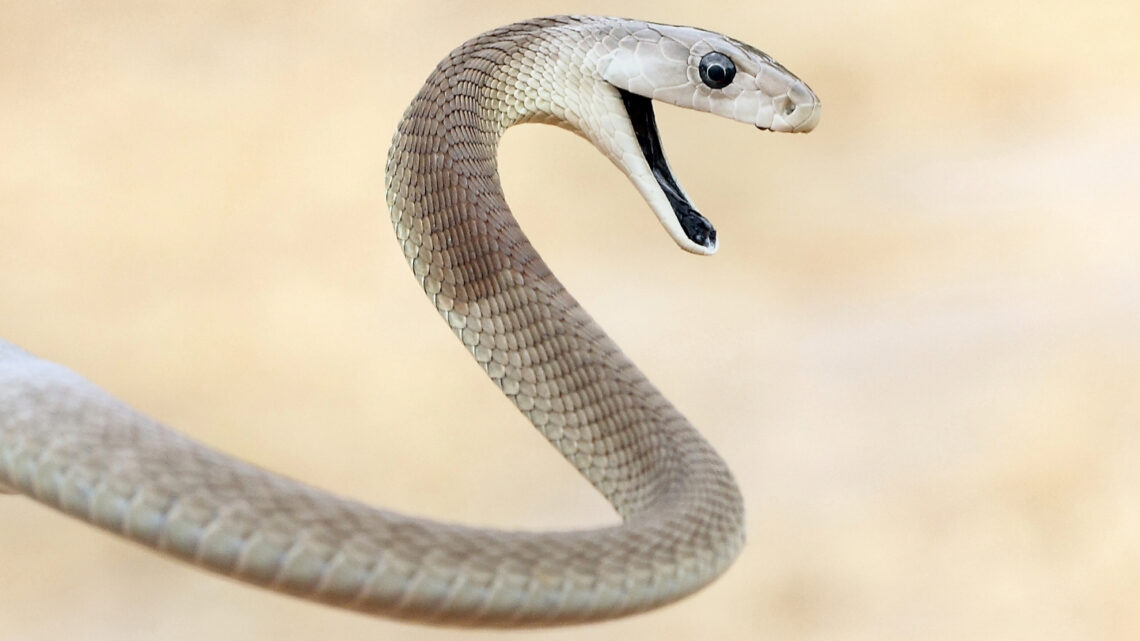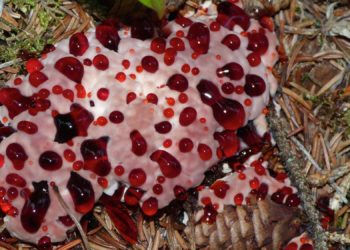The antivenom for a black mamba’s bite could one day work for a slew of other snakes.
Scientists have developed an antibody that shuts down paralyzing toxins in the venom of black mambas, king cobras and dozens of other sharp-toothed serpents. The antibody — a single protein manufactured in the lab — protected mice from otherwise lethal doses of venom, protein engineer Joseph Jardine and colleagues report in the Feb. 21 Science Translational Medicine. That antibody “will be a critical component of an eventual antivenom,” says Jardine, of the Scripps Research Institute in La Jolla, Calif.
Venomous snakes generally rely on just a handful of toxin families. If scientists could mix together antibodies targeting each of those types, Jardine says, they could potentially create “one vial of antivenom that works against any snake in the world.” Such a universal antivenom might still be many years away, he says. But “theoretically, this is possible.”
Scientists have tallied hundreds of venomous snake species across the globe. In North America, a person might stumble upon a western diamondback; in Africa, a puff adder; in South Asia, a saw-scaled viper. A bite from any one of these snakes can maim or kill. Venomous snakebites kill up to about 140,000 people each year, according to the World Health Organization. Lifesaving antivenoms exist, Jardine says, but they’re “built with 100-year-old technology.”
That technology involves injecting animals like horses or sheep with snake venom and harvesting the venom-targeting antibodies that their immune systems churn out. A snakebit patient would then get an infusion of horse or sheep antibodies — if doctors have them in stock.
The process has major drawbacks, Jardine says. Each animal produces antibodies for just one type of venom. Currently, bites from a yellow-bellied sea snake, cottonmouth or inland Taipan would all require different treatments. Another issue is the health…
Read the full article here







